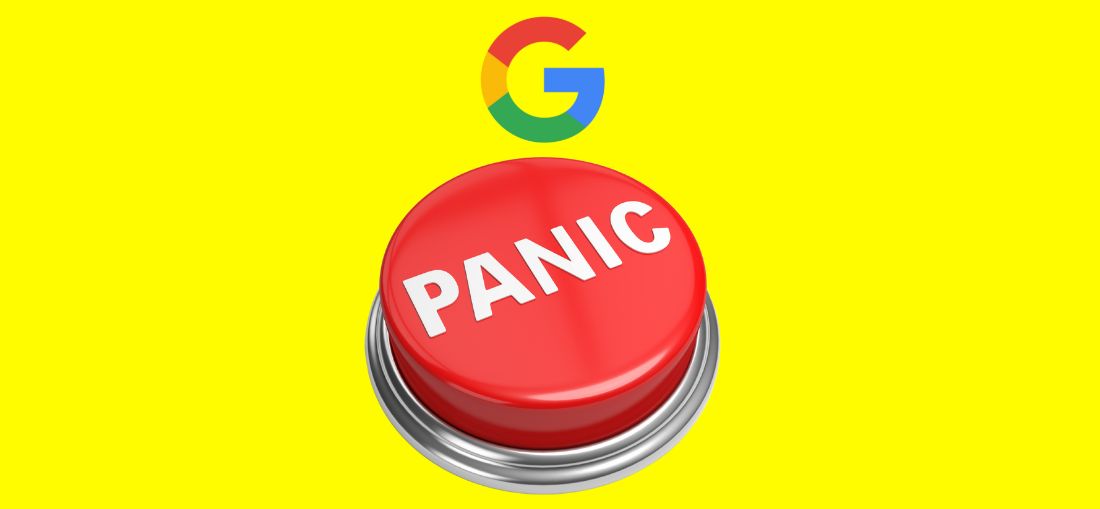In December 2022, Google issued “code red” in response to the launch of ChatGPT, a conversational-artificial-intelligence chatbot created by OpenAI.
The latest buzzy chatbot, sparked concerns over the future of Google’s search engine business, and Sundar Pichai, CEO of Google and its parent company, Alphabet, held several meetings around Google’s AI strategy, according to an internal memo and audio recording reviewed by The Times.
ChatGPT, which amassed over 1 million users five days after its public launch in November, is trained to interact with users in a conversational way, providing more humanlike answers to questions instead of just links to information. ChatGTP can answer follow-up questions, admit mistakes, challenge premises, and reject inappropriate requests.
Sridhar Ramaswamy, who oversaw Google’s ad team between 2013 and 2018, said ChatGPT could prevent users from clicking on Google links with ads. Its search engine and associated ad business provided revenues of $200 billion-plus a year in 2021, according to Insider, With that amount of income, you cannot afford to make mistakes.
Why “Code Red”?
So why has Chat GPT rattled the company so badly they have issued a “code red” alert? There are three main reasons we’ve identified:
- The threat of economic downturn – the company employed too many people in 2021 and 2022, and this has resulted in the main companies firing around 200,000 employees.
- The US justice department and eight states have recently filed a lawsuit against Google alleging that it illegally monopolised the online ad market through, a “years-long practice of self-dealing, anticompetitive acquisitions and forcing businesses to use multiple products and services that it offers”. (Politico.com)
- OpenAI’s chatbot, ChatGPT – a free service currently taking the world by storm. This week OpenAI has started offering ChatGPT Plus for $20 per month with faster response times and priority access, and it is actively exploring options for less expensive plans, business plans and data packs to make its services more accessible.
So, why isn’t Google launching LaMDA?
But, Google has its own version of a ChatGPT-like system up its sleeve, LaMDA, the language model for dialogue applications, so why isn’t it launching it? There are various reasons suggested for Google’s failure to release LaMDA to the public at this time, but the main ones are around the function’s “high margin of error and vulnerability to toxicity.” Similarly, ChatGTP is currently unable to fact-check what it says, it can also make up answers referred to as ‘hallucinations’ by AI researchers, and generate “racist and sexist responses”.
A recent CNBC report said Google execs were reluctant to release it widely in its current state over concerns about “reputational risk.” Chatbots are “not something that people can use reliably on a daily basis,” Zoubin Ghahramani, who leads the Google’s AI lab Google Brain, told The Times before ChatGPT was released.
Why does this matter?
Despite its current bugs, the release of ChatGPT nods to an exciting future for users, and Google knows it. That’s why the firm is currently directing teams in its research, trust, and safety division, to change direction and assist in the development and subsequent launch of further AI prototypes and products. According to The Times, some Google employees have been tasked with building AI products that generate art and graphics, like OpenAI’s DALL-E, which is currently used by millions of people.
With the rapid advancements being made by OpenAI, it will be interesting to see which path Google takes. According to experts, the tech giant may shift its focus to improving its search engine over time rather than taking it down. In the meantime, keep a look out for new AI rival products which could be launched at Google’s annual developer conference in May.
Author spike.digital
